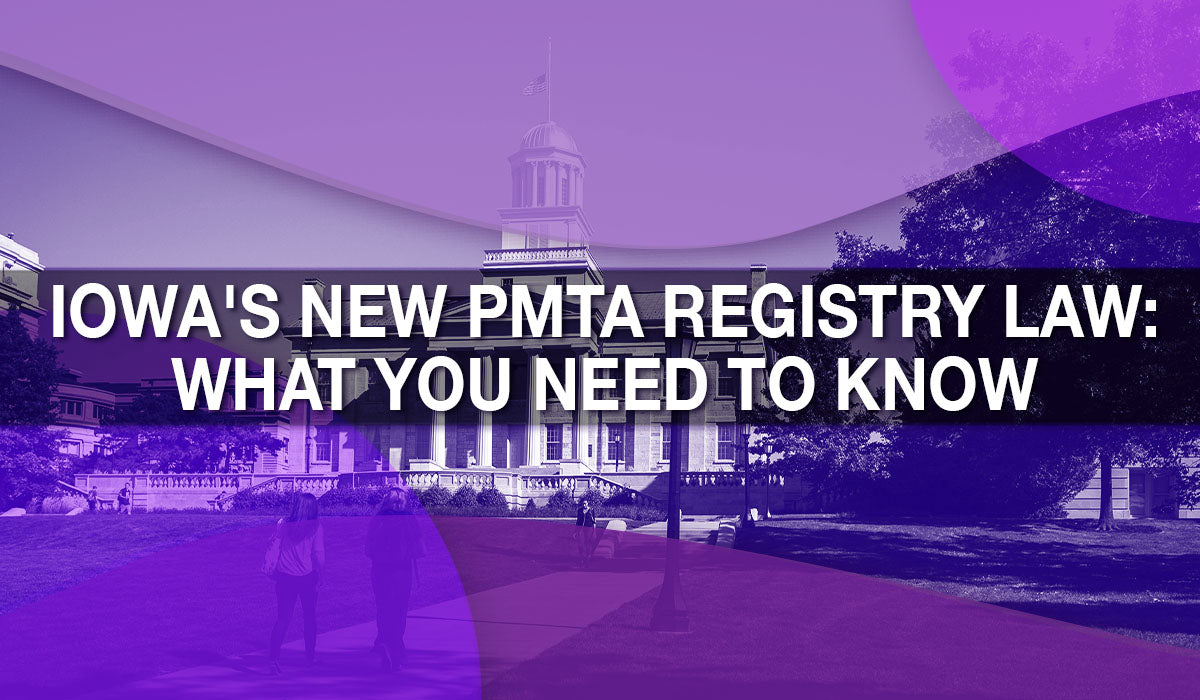
Iowa's New PMTA Registry Law: What You Need to Know
Iowa's new PMTA (Premarket Tobacco Application) Registry Bill is set to take effect soon, bringing significant changes to the state’s vaping landscape. This legislation, which is part of a growing trend in state-level regulations for vapor products, is designed to restrict the sale of vaping products to only those approved or under review by the FDA. Here’s what you need to know about this new law and how it will impact manufacturers, retailers, and consumers.
Key Dates and Requirements:
-
November 12, 2024: The Iowa Department of Revenue will make certification applications available to manufacturers of vapor products via GovConnectIowa. Manufacturers will need to certify under penalty of perjury that the products they submit for the registry meet all state requirements.
-
January 2, 2025: The state’s vapor products directory will be published on the Department’s website. This directory will list all vapor products legally allowed for sale in Iowa.
-
February 3, 2025: Enforcement of the vapor products directory will begin, meaning retailers will only be able to sell products listed on the state’s official registry.
What the Law Does:
The Iowa PMTA Registry Bill requires that all manufacturers certify and register their products with the state before they can be sold. To be listed in the directory, products must meet the following criteria:
- Date of Market Entry: Products must have been available on the market by August 8, 2016.
- FDA Authorization: Products must have submitted a PMTA by September 9, 2020, and either have received FDA marketing authorization or still be under review.
- Annual Fee: Manufacturers must pay a $100 annual fee for each product listed in the directory.
- Fines: Retailers and wholesalers found selling unregistered products will be subject to fines.
The law also bans the sale of all e-liquids and disposable vapes containing synthetic nicotine, along with the vast majority of vaping products not given FDA approval. Crucially, the Iowa law does not exempt products currently appealing Marketing Denial Orders (MDOs) in federal court, making it stricter than similar legislation in other states.
The Bigger Picture:
Iowa’s PMTA registry law is part of a broader national push to control the sale of vapor products, particularly those without FDA approval. Other states like Alabama, Louisiana, and Oklahoma have already enacted similar laws, while Wisconsin and Virginia are set to follow suit in 2025.
Many industry experts believe that these registry laws primarily benefit large tobacco companies like Altria Group and R.J. Reynolds, whose authorized products—such as NJOY, Vuse, and Logic—are among the few that have received FDA marketing approval. These companies argue that unregulated disposable vapes and e-liquids have contributed to declining cigarette sales, prompting them to support stricter regulations on vaping products.
Impact on the Industry:
For smaller manufacturers and retailers, the law represents a significant challenge. Many popular disposable vapes and e-liquids that have not received FDA authorization or are still undergoing the lengthy PMTA process will be banned from the market. As a result, the law could limit consumer choice and shift the vaping market further toward products made by Big Tobacco.
The $100 annual fee for each product listed, combined with the costs of compliance, could further squeeze smaller companies, making it harder for them to compete. Retailers and wholesalers will also need to carefully monitor their product inventories to avoid fines for selling unregistered products.
Conclusion:
Iowa’s PMTA registry law marks another major regulatory shift in the vaping industry. As of February 2025, only products that meet the state’s strict criteria will be legally allowed for sale. While this may benefit large manufacturers with FDA-approved products, it could limit options for consumers and put additional pressure on small businesses in the industry.
As the vaping landscape continues to evolve, keeping up with these regulatory changes will be essential for everyone in the industry, from manufacturers to retailers to consumers. For those operating in Iowa, compliance with the new law will be key to staying in business and ensuring that their products remain available on the market.


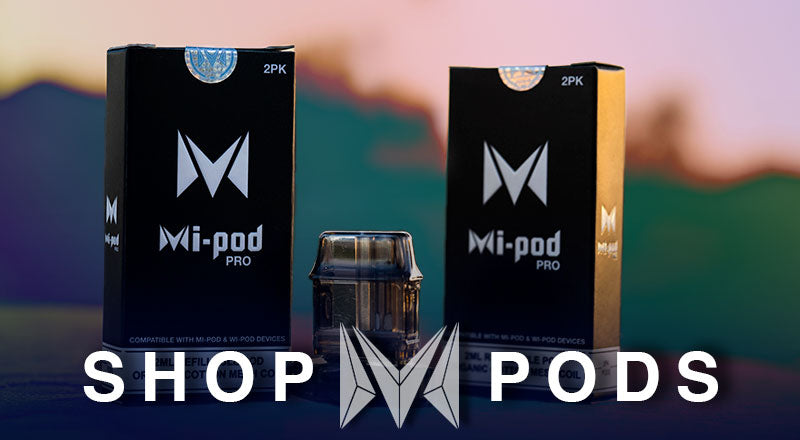
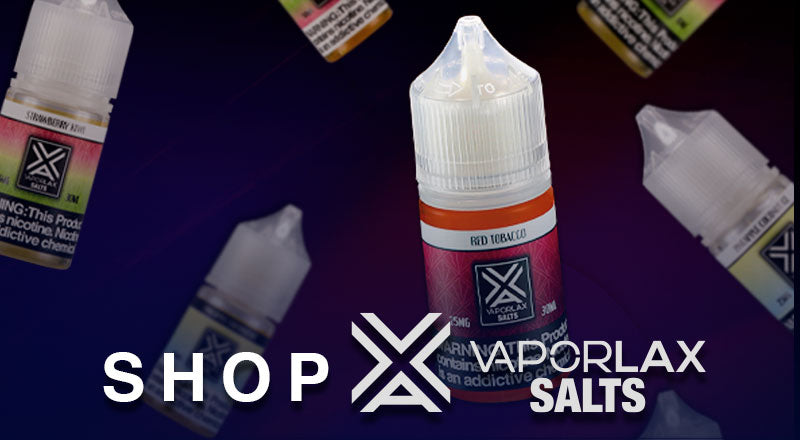
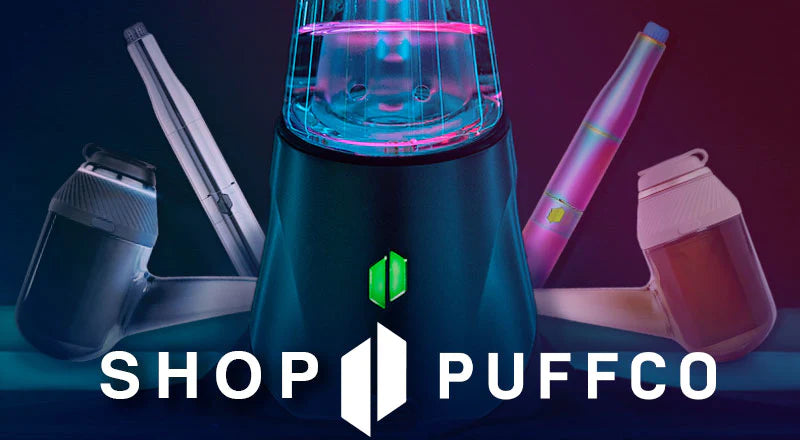
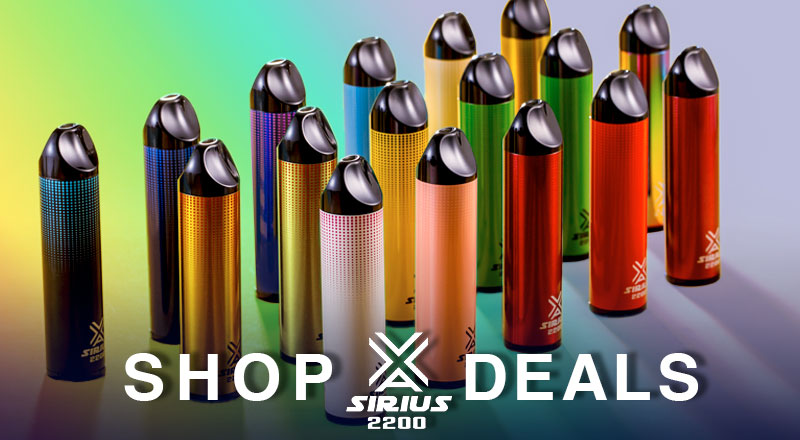
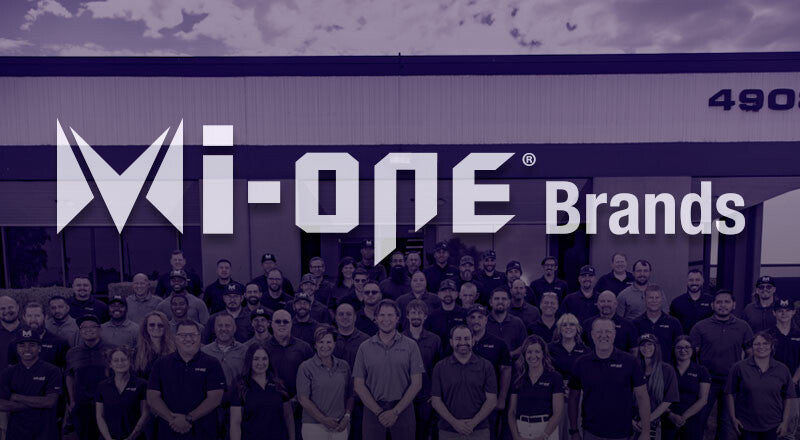


Leave a comment
This site is protected by hCaptcha and the hCaptcha Privacy Policy and Terms of Service apply.